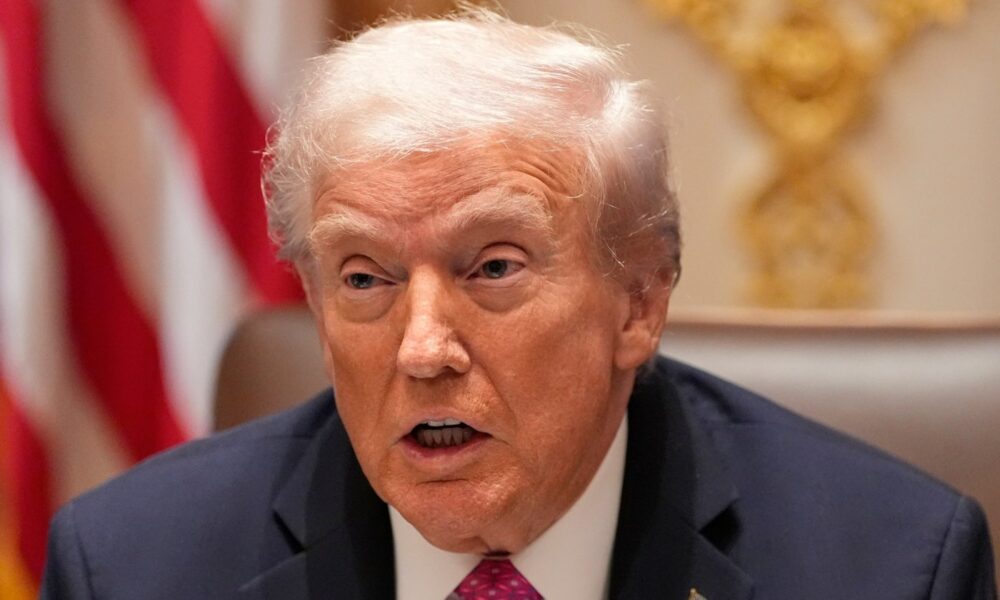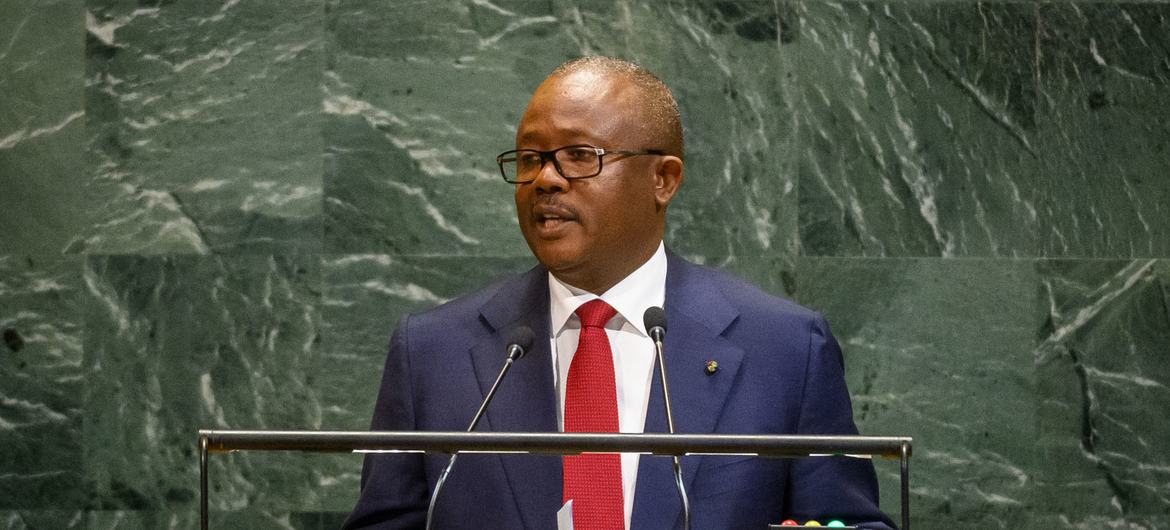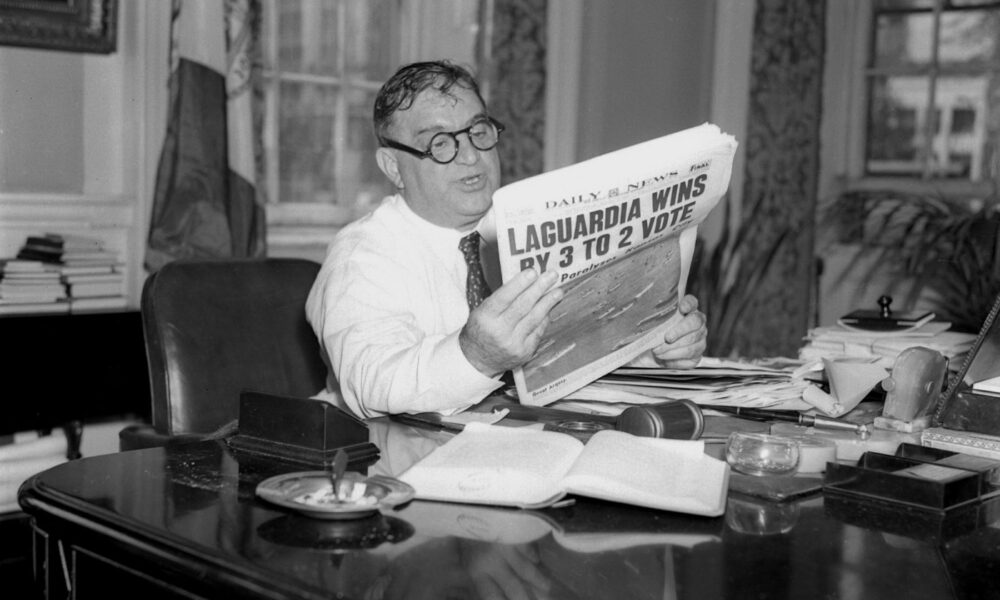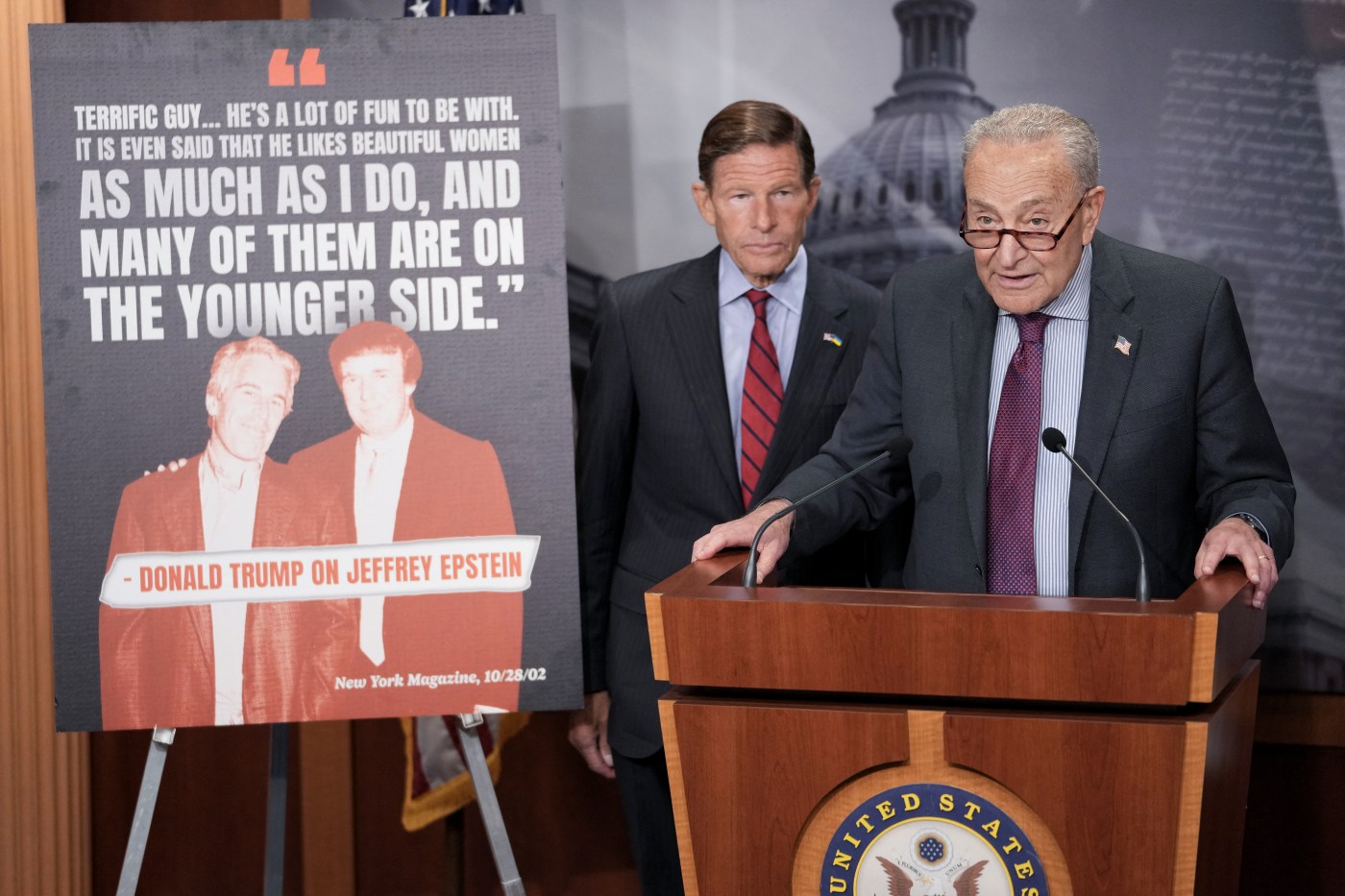Concerns about former President Donald Trump and his impact on American political discourse have intensified, with calls for a reassessment of his leadership style. In a recent letter to the editor published on October 15, writer Bill Kennedy labeled Trump the “hater in chief,” emphasizing the role of hate speech during his presidency. This commentary has sparked further discussion on the necessity of opposing Trump’s approach rather than hoping for a change.
In response to Kennedy’s assertions, Stephen Milmoe from Pasadena expressed skepticism about the possibility of Trump evolving into a more unifying figure. Milmoe argues that such change would necessitate self-reflection and honesty, traits he believes Trump lacks. He questioned the repeated sentiment that the country would improve if Trump simply acted differently, suggesting instead that the focus should shift toward a concerted effort to legally remove him from public office.
Milmoe’s perspective reflects a growing frustration among some segments of the population regarding Trump’s divisive rhetoric and its consequences. The debate surrounding Trump’s behavior highlights a broader conversation about the nature of political leadership and the expectations placed upon elected officials.
While some continue to advocate for dialogue and understanding, others, like Milmoe, see the need for decisive action. He encourages individuals to abandon the notion of reasoning with Trump, asserting that opposition is now the primary course of action. This sentiment resonates with those who feel that Trump’s presidency has perpetuated division rather than fostering unity.
The discussion surrounding Trump’s leadership is not merely academic; it has tangible implications for the political landscape in the United States. With the 2024 presidential election approaching, the calls for action against Trump may play a critical role in shaping voter sentiment and political strategies.
In conclusion, as debates continue about the future of American politics, the ideas presented by Milmoe and Kennedy serve as a reflection of the polarized climate. The urgency for change and the desire for a more inclusive political discourse are at the forefront of many voters’ minds, raising questions about the direction the country will take leading into the next election cycle.







